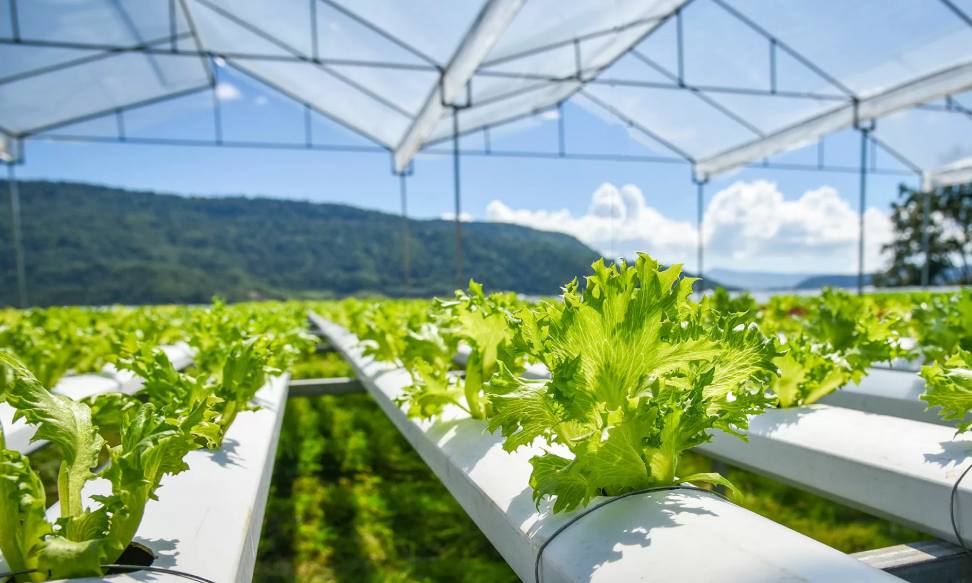King 567, Betbhai247, Apbook247: Vertical farming is increasingly being recognized as a sustainable solution to address the challenges of food production in urban areas. By utilizing vertical space in buildings, this innovative farming method allows for the efficient growth of crops without the need for vast expanses of land. This is particularly beneficial in densely populated cities where available farmland is limited.
One of the key advantages of vertical farming is its ability to reduce the carbon footprint associated with traditional agriculture. By growing produce closer to the point of consumption, transportation costs and emissions are significantly reduced. Additionally, vertical farming systems often incorporate sustainable practices such as hydroponics or aeroponics, further minimizing environmental impact.
The Benefits of Aeroponics in Agriculture
Aeroponics in agriculture offers numerous advantages that make it a desirable method of cultivation. By delivering nutrients directly to the plant roots in a mist or aerosol form, aeroponic systems promote efficient nutrient absorption and optimal plant growth. This targeted delivery method not only conserves water but also minimizes the risk of nutrient runoff, making aeroponics an environmentally friendly option for sustainable agriculture.
In addition to its water-saving properties, aeroponics can significantly reduce the overall growth cycle of plants. The continuous access to nutrients and oxygen in aeroponic systems accelerates plant development, leading to faster growth rates and earlier harvest times. This not only increases crop turnover but also allows for multiple harvests in a single growing season, maximizing productivity and overall crop yields.
� Aeroponics delivers nutrients directly to plant roots in mist form
� Promotes efficient nutrient absorption and optimal plant growth
� Conserves water and minimizes risk of nutrient runoff
� Environmentally friendly option for sustainable agriculture
� Reduces overall growth cycle of plants significantly
� Continuous access to nutrients and oxygen accelerates plant development
� Faster growth rates and earlier harvest times
� Increases crop turnover and allows for multiple harvests in a single growing season
� Maximizes productivity and overall crop yields
Maximizing Crop Yields Through Vertical Farming
Apbook365, Apbook Login, Goexch777: Vertical farming offers an innovative approach to maximizing crop yields in urban areas. By utilizing all the vertical spaces, crops which can be stacked in multiple layers, increasing the overall production capacity of a limited land area. This vertical arrangement also allows for more efficient use of resources such as water and nutrients, leading to higher yields per square foot compared to traditional farming methods.
Furthermore, vertical farming enables growers to control environmental factors such as light, temperature, and humidity more precisely. This level of control helps optimize plant growth and development, resulting in healthier crops with higher yields. In addition, vertical farming systems often incorporate automation and smart technology, allowing for real-time monitoring and adjustments to ensure optimal growing conditions at all times.
What is vertical farming?
Vertical farming is a crops growing method where its vertically stacked in a layers or vertically inclined surfaces.
How does vertical farming benefit urban areas?
Vertical farming allows for efficient use of space in urban areas, reducing the need for large plots of land. It also enables fresh produce to be grown closer to the point of consumption, reducing transportation costs and emissions.
What is aeroponics and how does it benefit agriculture?
Aeroponics is a method of growing plants in an air or mist environment without the use of soil. It allows for increased oxygen levels around the roots, promoting faster growth and higher yields.
How does vertical farming help maximize crop yields?
Vertical farming allows for precise control over environmental factors such as light, temperature, and humidity, leading to optimal growing conditions for crops. This precision can result in higher yields compared to traditional farming methods.
Additional:
- The Basics of Betting Lines
- Betfair Trading Blog: Tips and Insights
- What Is An Etf (Exchange Traded Fund)?

